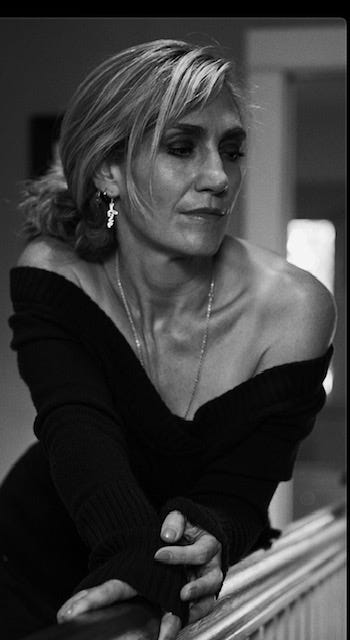I went to the desert this week to end something. Not my physical life (I’m not that dramatic these days), but something inside was beckoning: leave me. Something that wanted to die.
Some goodbyes are like that.
I left a voice message for Dave the day he died. I don’t know if he heard it. He didn’t call back. It wouldn’t have changed what happened next, bu…
Keep reading with a 7-day free trial
Subscribe to Forager Field Notes to keep reading this post and get 7 days of free access to the full post archives.





